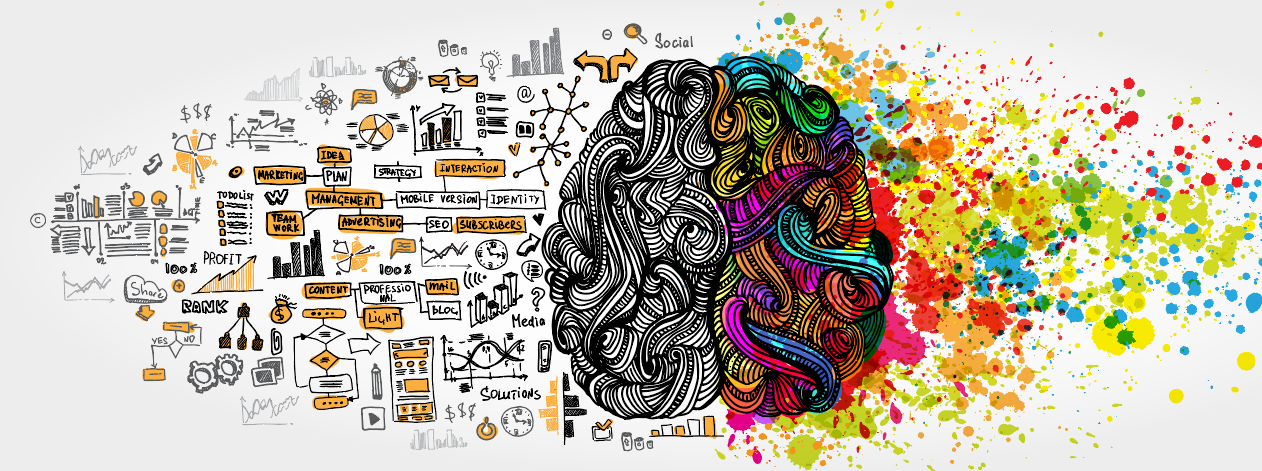

Why study this course? Psychology is a fascinating subject which helps you gain a deeper understanding of what it means to be human. Why do people think and act as they do? How do they learn and change over the course of their lives? You will develop your communication skills which will help you communicate effectively with others. You will also learn how to structure an argument, to discuss a topic clearly and objectively, and to reference relevant sources. The course teaches students about the applications of psychological approaches whilst also exploring how to conduct psychological research. Learners benefit from opportunities for deep learning where they are able to make connections among units and select areas of interest for detailed study. What will you study? You will study psychological approaches and applications including the study of memory and social influence. Topics include aggression, gender and the use of psychology in business to explain and influence consumer behaviour. You will carry out your own research studies including experiments, observations and questionnaires. Course components The course begins with an introductory project, followed by two components: Component one (60% of the A-Level), is a portfolio of work evidencing a sustained investigation into a design-based challenge which you direct. Component two (40% of the A-Level), is an externally-set assignment where another portfolio of work is produced, which responds to the set theme. The same assessment criteria is applied to both components: developing ideas, exploring and selecting appropriate materials, recording ideas, and presenting personal and meaningful outcomes. Future Pathways Possible career paths are: Architect, Ceramicist, Design Consultant, Exhibition Designer, Environmental Designer, Furniture Designer, Interior Designer, Jewellery Designer, Landscape Architect, Model Maker, Product Designer, Teacher, Toy Designer, Set Designer.
English Language or English Literature 5, Science 54 OR English Language or English Literature 5, Biology 4
58% Written Examination 42% Non Exam Assessment There are two external exams and two non exam assessments which are internally assessed and then externally moderated
About Education Provider
| Region | South East |
| Local Authority | Buckinghamshire |
| Ofsted Rating | Good |
| Gender Type | Co-Educational |
| Address | Misbourne Drive, Great Missenden, HP16 0BN |
Why study this course? Psychology is a fascinating subject which helps you gain a deeper understanding of what it means to be human. Why do people think and act as they do? How do they learn and change over the course of their lives? You will develop your communication skills which will help you communicate effectively with others. You will also learn how to structure an argument, to discuss a topic clearly and objectively, and to reference relevant sources. The course teaches students about the applications of psychological approaches whilst also exploring how to conduct psychological research. Learners benefit from opportunities for deep learning where they are able to make connections among units and select areas of interest for detailed study. What will you study? You will study psychological approaches and applications including the study of memory and social influence. Topics include aggression, gender and the use of psychology in business to explain and influence consumer behaviour. You will carry out your own research studies including experiments, observations and questionnaires. Course components The course begins with an introductory project, followed by two components: Component one (60% of the A-Level), is a portfolio of work evidencing a sustained investigation into a design-based challenge which you direct. Component two (40% of the A-Level), is an externally-set assignment where another portfolio of work is produced, which responds to the set theme. The same assessment criteria is applied to both components: developing ideas, exploring and selecting appropriate materials, recording ideas, and presenting personal and meaningful outcomes. Future Pathways Possible career paths are: Architect, Ceramicist, Design Consultant, Exhibition Designer, Environmental Designer, Furniture Designer, Interior Designer, Jewellery Designer, Landscape Architect, Model Maker, Product Designer, Teacher, Toy Designer, Set Designer.
English Language or English Literature 5, Science 54 OR English Language or English Literature 5, Biology 4
58% Written Examination 42% Non Exam Assessment There are two external exams and two non exam assessments which are internally assessed and then externally moderated